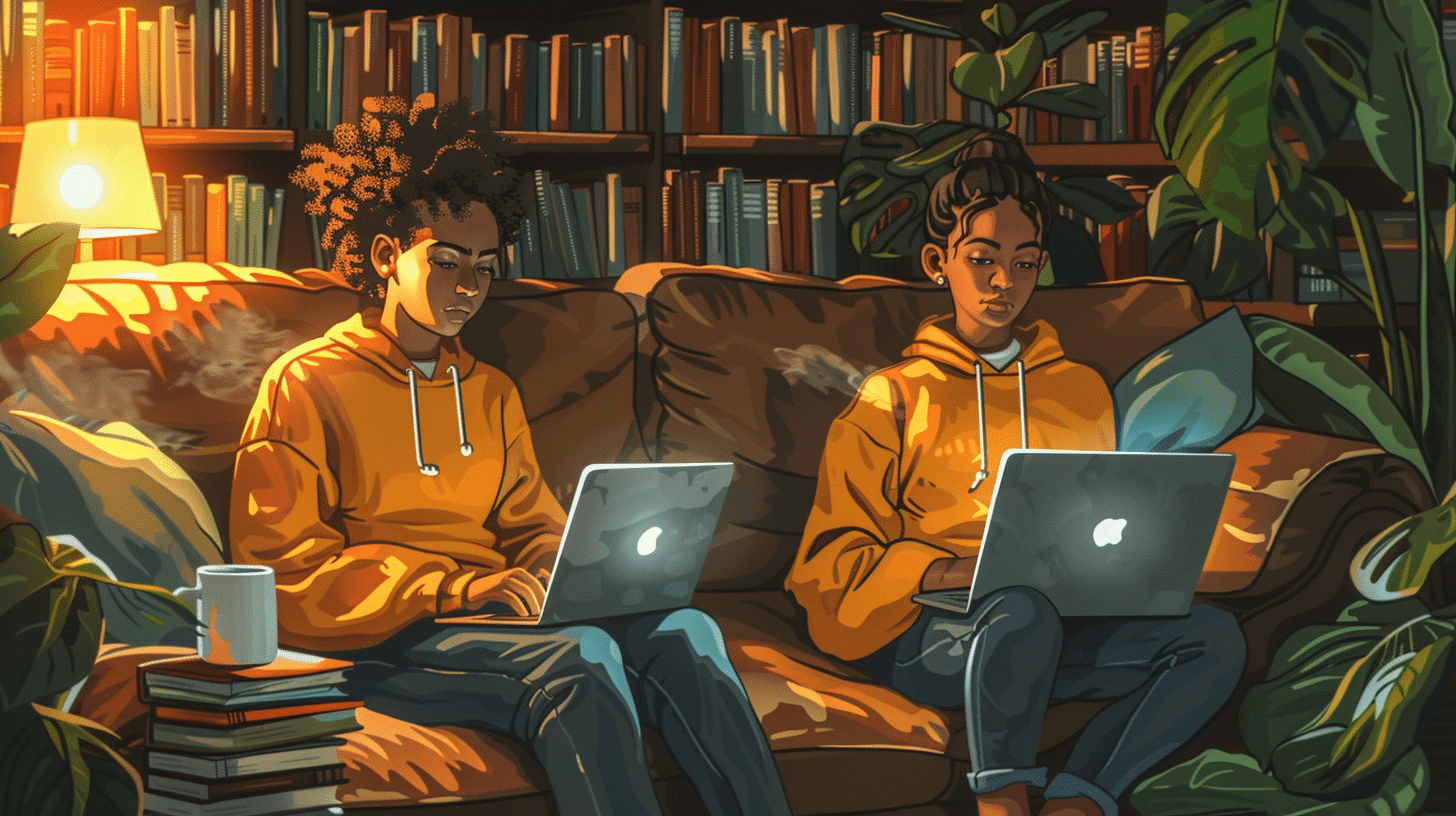Pick a language and start learning!
Continuous aspect using “e…ana” Exercises in Maori language

The continuous aspect in the Māori language is an essential grammatical structure that helps convey actions or states that are ongoing. This aspect is typically marked by the particle "e...ana," which is inserted around the verb to indicate that the action is currently in progress or was in progress at a specific time. Understanding and using this structure correctly can significantly enhance your ability to communicate nuanced meanings, whether you are describing daily activities, ongoing projects, or events that were happening simultaneously in the past.
In English, we use the present continuous tense, like "is walking" or "are eating," to express similar concepts. However, the "e...ana" construction in Māori is unique in its placement and usage. To master this aspect, it's crucial to practice forming sentences with various verbs and contexts. By engaging with these grammar exercises, you will not only improve your comprehension but also gain confidence in using the continuous aspect fluidly in your spoken and written Māori. Let's dive into the exercises and start enhancing your proficiency in this fascinating aspect of the Māori language.
Exercise 1
<p>1. The children are *playing* in the park (verb for an activity children do for fun).</p>
<p>2. She is *cooking* dinner in the kitchen (verb for preparing food).</p>
<p>3. The dog is *barking* at the mailman (verb for the sound a dog makes).</p>
<p>4. He is *reading* a book in the library (verb for looking at and understanding written text).</p>
<p>5. They are *swimming* in the pool (verb for moving in water).</p>
<p>6. I am *writing* a letter to my friend (verb for creating text by hand or typing).</p>
<p>7. We are *watching* a movie together (verb for looking at a screen to see a film).</p>
<p>8. The birds are *singing* in the trees (verb for the sound birds make).</p>
<p>9. She is *studying* for her exams (verb for learning or reviewing information).</p>
<p>10. The baby is *sleeping* in the crib (verb for being in a state of rest).</p>
Exercise 2
<p>1. The children are *playing* in the park (verb for an activity done by kids).</p>
<p>2. She is *cooking* dinner in the kitchen (verb for preparing food).</p>
<p>3. They are *singing* a song together (verb for making musical sounds with the voice).</p>
<p>4. I am *reading* a book in the library (verb for looking at and comprehending written text).</p>
<p>5. We are *learning* Maori in class (verb for acquiring knowledge or skills).</p>
<p>6. The dog is *barking* at the stranger (verb for the sound a dog makes).</p>
<p>7. He is *writing* a letter to his friend (verb for putting words on paper).</p>
<p>8. You are *running* in the marathon (verb for moving swiftly on foot).</p>
<p>9. The birds are *flying* in the sky (verb for moving through the air).</p>
<p>10. She is *swimming* in the pool (verb for moving through water).</p>
Exercise 3
<p>1. Kei te *e oma ana* te tama ki te kura (verb for running).</p>
<p>2. Kei te *e kōrero ana* te kaiako ki te akomanga (verb for speaking).</p>
<p>3. Kei te *e kai ana* te whānau i te kai o te pō (verb for eating).</p>
<p>4. Kei te *e waiata ana* ngā tamariki i te waiata hou (verb for singing).</p>
<p>5. Kei te *e pānui ana* te tangata i te pukapuka (verb for reading).</p>
<p>6. Kei te *e tākaro ana* te kurī i te papa tākaro (verb for playing).</p>
<p>7. Kei te *e hīkoi ana* te whānau ki te whare kai (verb for walking).</p>
<p>8. Kei te *e haere ana* te tangata ki te mahi (verb for going).</p>
<p>9. Kei te *e noho ana* ngā ākonga i roto i te akomanga (verb for sitting).</p>
<p>10. Kei te *e mātakitaki ana* te whānau i te pouaka whakaata (verb for watching).</p>







